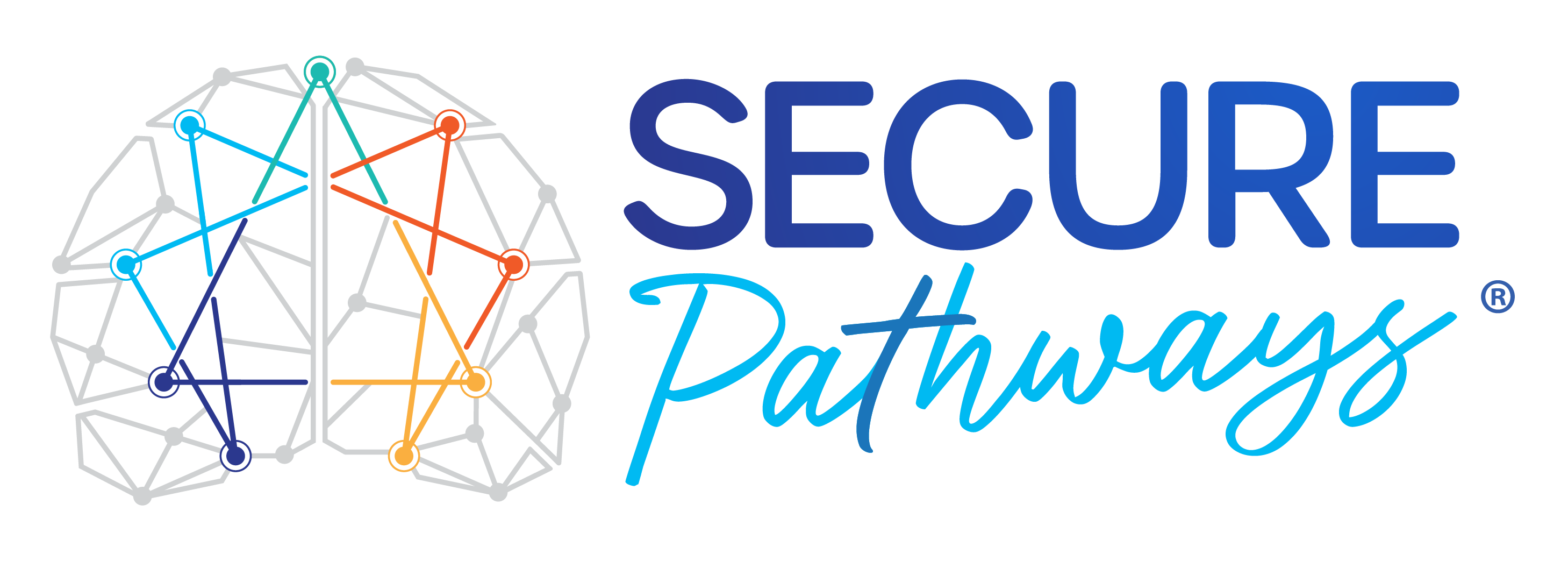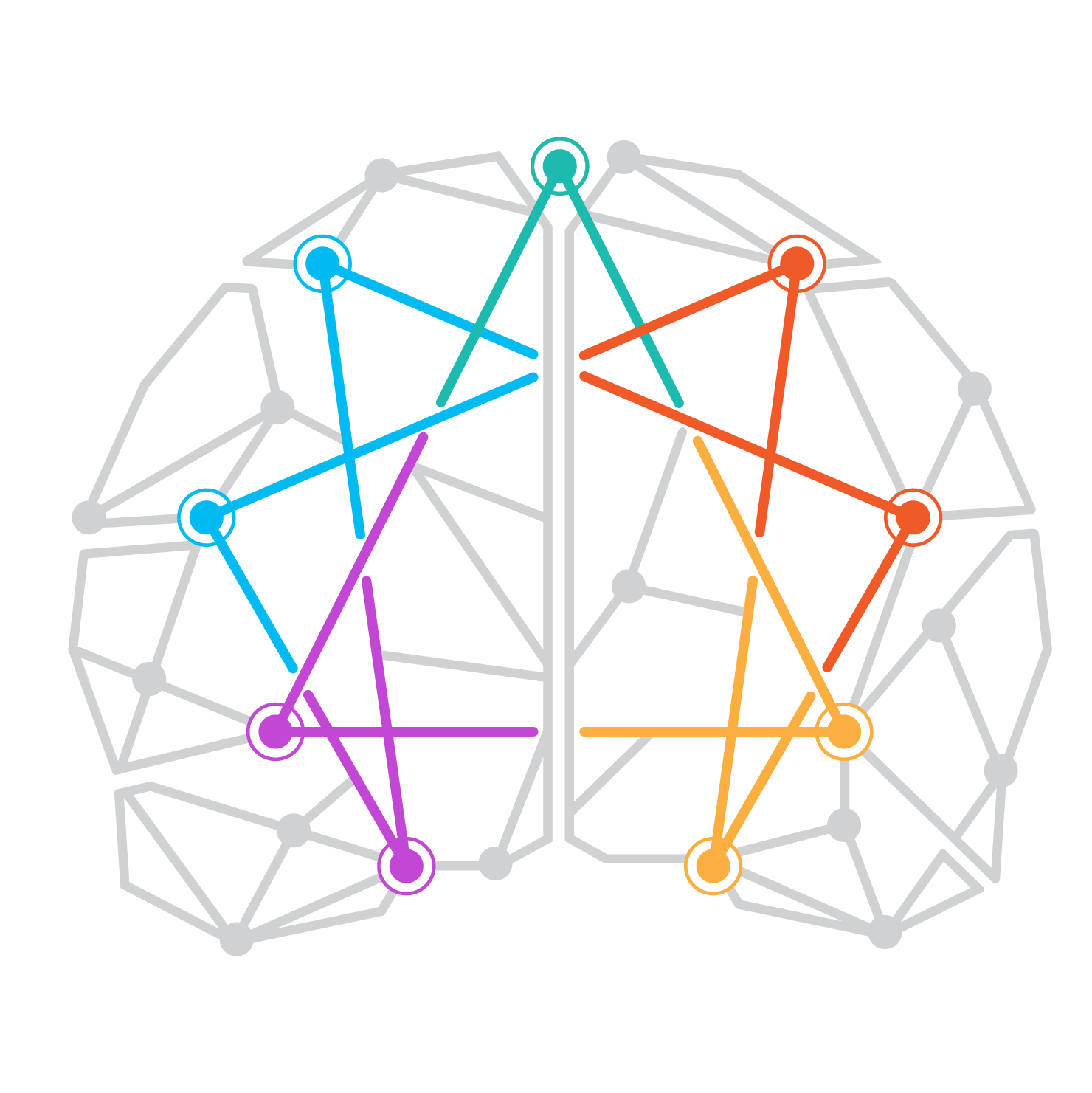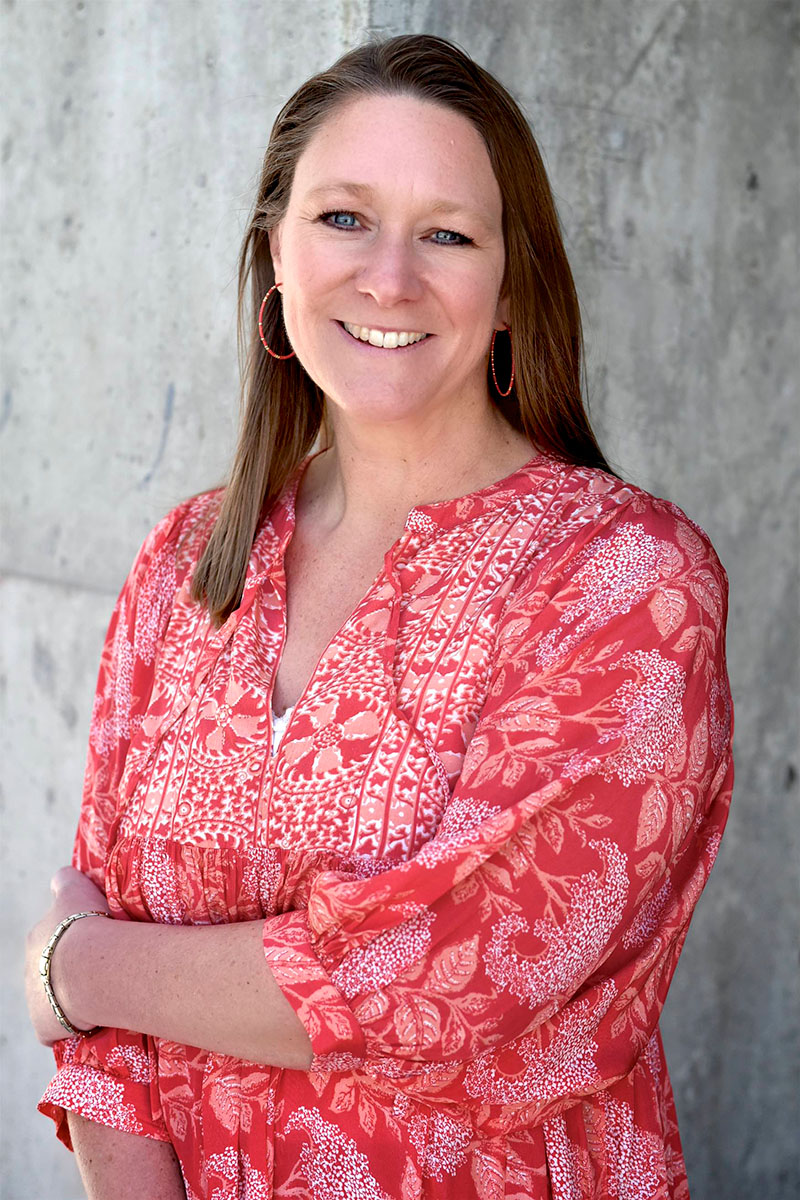As we head into the last part of the year with Thanksgiving and Christmas almost upon us, I thought it would be beneficial to take some time to think about those holiday gatherings and family dynamics. Preparing for things that might be challenging or that might provoke strong feelings to surface can help us have appropriate expectations and engage better with our family and friends. People’s experiences in their own families, as well as navigating in-law dynamics, differ greatly from person to person. Reactions during the holidays can range from feeling supported, connected, and loved to being belittled, yelled at, ignored, or threatened. For many people, it is probably some combination of positive and negative experiences somewhere in-between those extremes. Those old childhood patterns or roles can often re-surface when the whole family is back together. When you add children into the mix and different parenting approaches, the dynamics can be difficult to navigate and can become emotionally overwhelming.
Today, let’s dig into our family-of-origin patterns and personality types that might complicate family get-togethers. Then, we will explore some challenges of extended family dynamics that may intersect with parenting.
Do you ever feel like you just cannot shake those old relational patterns?
My sister and I laugh at how competitive we were as kids.
…but I laugh more!
- Brainscape, 11/9/24, exclamation point added by blog author
It may seem comical at times, but it can also be frustrating feeling stuck in your 16-year-old self as an adult!
Being Aware of Family Roles and Old Patterns
One way to describe old family patterns is to look at family roles. These roles were originally developed by Virginia Satir, one of the founders of family systems therapy in the mid-20th century. She described these archetypes that children take on in families with an alcoholic or drug-addicted parent. Since that time, these roles have been generalized to dysfunctional families. Some of these roles have been supported by research studying children of alcoholics and some of them are more anecdotal or observed in clinical practice. The “job” of these roles was to keep the dysfunctional behaviors or harmful family secrets hidden and allow each person to survive by adhering to a role that maintains the system. Think about these family roles as patterns that develop in order to keep the focus off of the real problem or of becoming too overwhelmed with the pain or anger. The roles were essentially survival coping mechanisms. In some families, children may have taken on several roles or switch between several roles. Typically, the more dysfunctional the family, the more rigid the roles. For those of us who did not have experience with addiction, abuse, or neglect in our families, these roles may not have developed at all, may have been more fluid, or may not have been as entrenched as families that experienced harm.
Common Family Roles:*
| Role | Description | Possible Adult Struggles |
| The Hero | – Over-achiever – High functioning – Excels in at least one area, probably many areas – Overly responsible – Makes the family look good – Often denies the imperfections of their family | – High achieving/successful – Do things themselves/not ask for help – Struggle with vulnerability – Perfectionistic to the point of anxiety/fear of failure – Worried about maintaining their image – Self-critical – Conscientious, responsible – Empathic |
| The Scapegoat (or Black Sheep) | – Often the Identified Patient–the one who is the focus of the treatment or viewed as the “problem child” – Most clearly sees problems in family – Willing to speak up about family dysfunction – Family targets child (for talking about family issues) by directing their anger, blame, or unkindness toward that child that can lead to actually developing symptoms – Told they were bad by parents – Being targeted often leads to rebellion and acting out | – Emotionally Dysregulated – Negative self-esteem – May become self-destructive – May have difficulty experiencing empathy – Struggle with authority – May take advantage of others/manipulative – Deceitful – Angry – Creates emotional distance from others – High risk for substance abuse |
| The Mascot | – Jokester, makes people laugh – Overly positive – Friendly, good-natured, relaxed – Not take stuff too seriously – Distract from negative issues in family or keeps them hidden – High alert to pick up on situations or tension that needs to be diffused – Anxiety underneath | – Difficulty actually resolving conflict – Struggles to experience or talk about hard emotions – May struggle to have deep relationships – May utilize humor to avoid conflict or interpersonal intimacy |
| The Lost Child | – Acts as if everything is fine – Keeps quiet and refuses to ruffle feathers – Does not create problems at all – Appears sweet and compliant – Withdraws/Spends a lot of time alone – May rely on fantasy or imagination – Overwhelmed and/or lacking resources on the inside | – Difficulty developing a strong sense of who they are – Avoidant – Difficulty asserting themselves/passive – Constricted behaviors – Prefers solitude but may feel lonely – Emotional expression may be difficult – May focus on finding someone to “complete” them – Fear of rejection or abandonment – Guilt, depression, anxiety |
| The Enabler/Caretaker | – Steps into adult role, often to take care of parent – May take responsibility for siblings – Fix parent’s mistakes or keep them on track – Make take responsibility for regulating emotions or calming down the system – Attunes to everyone else’s needs | – Poor boundaries – Doing too much for others/not holding others accountable – Over-helping – May have co-dependent relationships – Anxiety and guilt when not able to do for others – Not prioritize their own well-being |
| The Golden Child | – Can do no wrong – The favorite child – Parents positive traits and morals are projected onto child – May overlap with The Hero, where the child is the favorite because of their achievements/success – May feel special – Perfectionistic – Learned to get their value from external sources – Can get triangulated into adult roles to meet parent’s emotional needs or have parent share adult issues | – Often experiences guilt – May struggle to identify their own beliefs – Self-critical |
| The Mastermind | – Tries to gain control over their chaotic environment – Manipulates for personal gain – Strategic thinker – Uses charm and cunning to get their way – Seeks to create stability and safety by using power to regulate others and the environment | – Strategic skills can be beneficial in work settings – Uses control to feel safe – Lack of trust and sincerity in relationships – Difficulty developing emotional connection |
Your Enneagram Type and Your Family
Before you start thinking that your Enneagram type matches the role you played and assuming that your role shaped your Enneagram type, consider how you may have landed in that role. Maybe your Enneagram type informed which role you took on? The roles in our family-of-origin, our life experiences, and our natural inclinations (personality) impact how we respond to old patterns or dynamics in our families. I do not think that our personalities, or Enneagram types, are solely the direct result of our environment. Some Enneagram teachers believe that Enneagram types primarily develop from childhood experiences and trauma. I do not believe this! What about people who have not experienced trauma? They still have a personality/Enneagram type! Families where there is trauma or significant dysfunction do not produce children who are all the same Enneagram type, even though they all experienced the same family environment and trauma. The trauma does not really explain different personality types. Family roles certainly could impact how personality develops over childhood, but I believe that we were created by God with innate tendencies and were born with our Enneagram type. Developmental psychologists use the word “temperament” to describe our way of interacting with the world when we are born. I think that the temperament, or Enneagram type, with which we were born impacts how we interpret our experiences. We perceive certain messages from our childhood based on our Enneagram type lens. I do believe that childhood experiences impact our development in significant ways, but I think our Enneagram type sensitivities influence how we perceive, interpret, and internalize our experiences rather than our experiences causing our Enneagram type. Our childhood family life certainly reinforces some of our behaviors, internalized messages, and way we view the world.
Consider the Role You Had In Your Family-of-Origin
As you read over these family roles, if there are any that you really identify with from your childhood, it may be helpful to think about the ways that role is impacting your adult functioning and your parenting. Identifying how your role functioned in the family–what did it hide or protect or what was its purpose–may provide some ideas of what family dynamics might “pull for” from you as an adult when you get together with your family. Other members of your family may try to keep you in that role. Being aware of how your role or personality as a child impacted your family may help you from being sucked into that role during the holidays. If you can take the time to consider how you want to interact with your family members, you are more likely to be able to withstand the pull to lapse into old patterns. Talking with your spouse or a friend about how you want to approach family holiday gatherings can also help you think through it and get some support for interacting in a new or healthier way.
Next week, I am going to talk about communication patterns and conversation tips and will offer a free Conversation Starter Printable for Thanksgiving. (Christmas and New Year’s ones will be available later, too).
Questions to ponder:
What challenges do you encounter during holiday family gatherings? How can you best prepare yourself for them?
How can you show up as the person you are now, rather than who you used to be during your childhood or teen years?
If you are trying to change your family-of-origin interactional patterns, who else in your family could you enlist to help and support healthier interactions?
If you found this blog to be helpful or interesting, please consider joining my weekly newsletter.
*Citations for family roles (presented chronologically):
Satir, V. (1972). Peoplemaking. Science and Behavior Books.
Black, C. (1981). It Will Never Happen to Me. M.A.C. Printing & Publications Division.
https://www.desertclover.com/blog/recognizing-and-redefining-dysfunctional-family-roles-in-adulthood
Wegscheider-Cruse, S. (1989). Another Chance: Hope and Health for the Alcoholic Family. Science and Behavior Books.
Hinrichs, J., DeFife, J., & Westen, D. (2011). Personality subtypes in adolescent and adult children of alcoholics: A two-part study. Journal of Nervous and Mental Disease, 199(7), 487–498. https://doi.org/10.1097/NMD.0b013e3182214268. PMID: 21716063; PMCID: PMC3143015.
https://heidi-c-priebe.medium.com/an-introduction-to-dysfunctional-family-roles-d2b79380c2ac (11/13/24)



